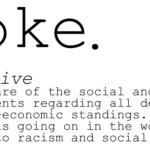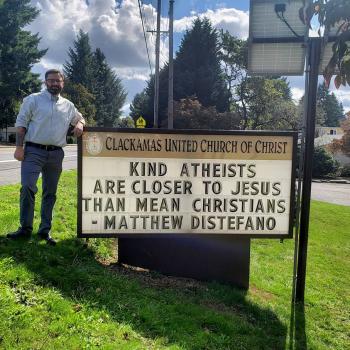As I was searching through TikTok videos, I found a very compelling commencement speech from Northwestern University. Governor of Illinois, J. B. Pritzker, delivered Northwestern University’s Class of 2023 a short commencement speech. Born and raised Jewish and Democrat in California, Pritzker was always a part of America’s richest families. However, he has spent a career in business, politics, and supporting pro-democratic charitable organizations. Governor Pritzker emphasized that empathy and compassion are evolved states of being and that these traits take great efforts to reach. Acts of cruelty are signs that people have not forged new mental pathways to reach kindness and empathy. In order to be kind according to Pritzker, we have to shut down our most primal urges. Weaponized cruelty is failing the test of an advanced society. Some see the vulnerable as rungs on a ladder to climb to the top. Pritzker urged the graduating class to do away with cruelty and embrace kindness and empathy in a world where such values are often dismissed as weaknesses. Pritzker’s comments and insights were profound to me. You can watch his short speech below.
@dy0czm8581ex
So all of this gets me thinking. Where am I on doctrinal certainty? Well, it depends on how doctrine is used. If it’s used as a weapon to harm, endanger, and kill people, then I have a serious problem with it. If doctrine is life-giving, especially towards vulnerable people, that this is where the truth is. We have to look at the fruit. And for the Catholic, we have to embrace Catholic Social Teaching,
Let’s look at the Parable of the Tree in the context of responding to not only LBGTQ and/or Neurodivergent children but all historically-marginalized people.
“Jesus’ parable to answer his disciples’ question about how to know if something is true. Jesus’ answer was, “Look at the fruit. If a tree bears good fruit, then you know it is a good tree. If it bears bad fruit, it should be chopped up and used for the fire.”
When we look at the consequences (the “fruit”) of rejecting and marginalizing vulnerable groups of people in the family, church, and society, we find depression, anxiety, self-hatred, shame, self-harm, substance abuse, separation from God, the church, community, isolation, anger, serious mental illness, and even suicide.
But when we teach that God, the Church, the family, and the community loves and accepts all historically-marginalized groups people unconditionally, the fruit is health, healing, love, joy, peace, self-acceptance, stable relationships, reconciling with God and the Church, family unity, and wholeness.
Fully accepting and including historically-marginalized groups would be no different than fully including and accepting children with disabilities and/or neurodiversity like Autism.
We simply have to look at the fruit, follow science, and therefore follow Christ and His Church. Our Lord would never want doctrine applied in such a way that endangers someone’s health and life, especially who Jesus calls, “The Least of These.”

















